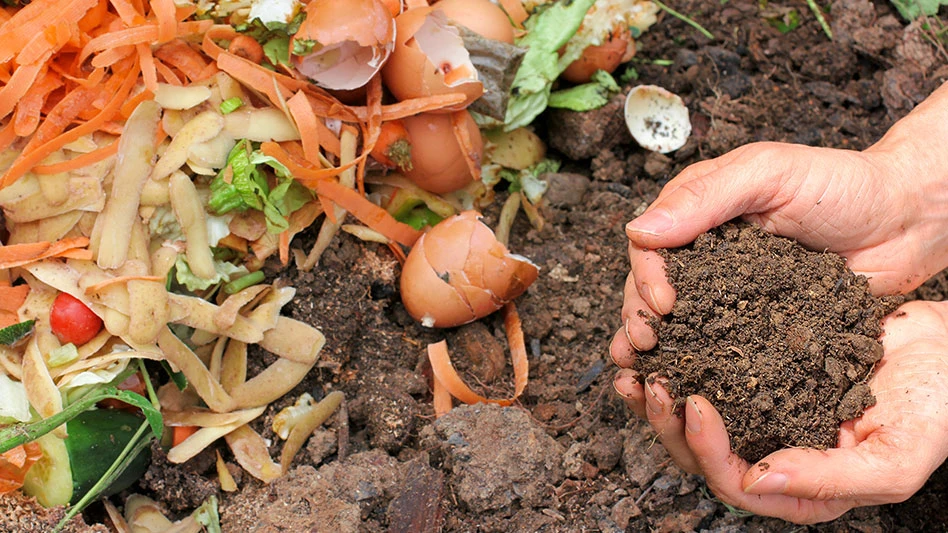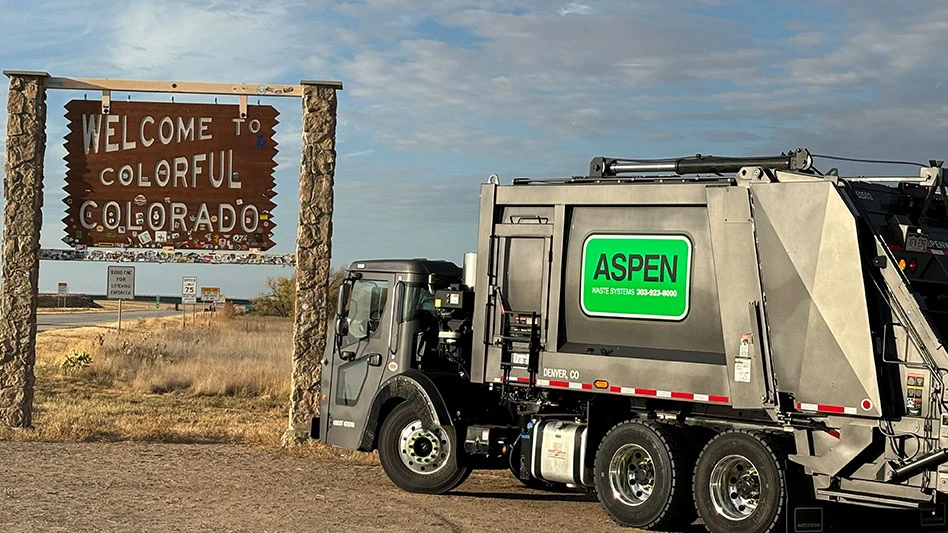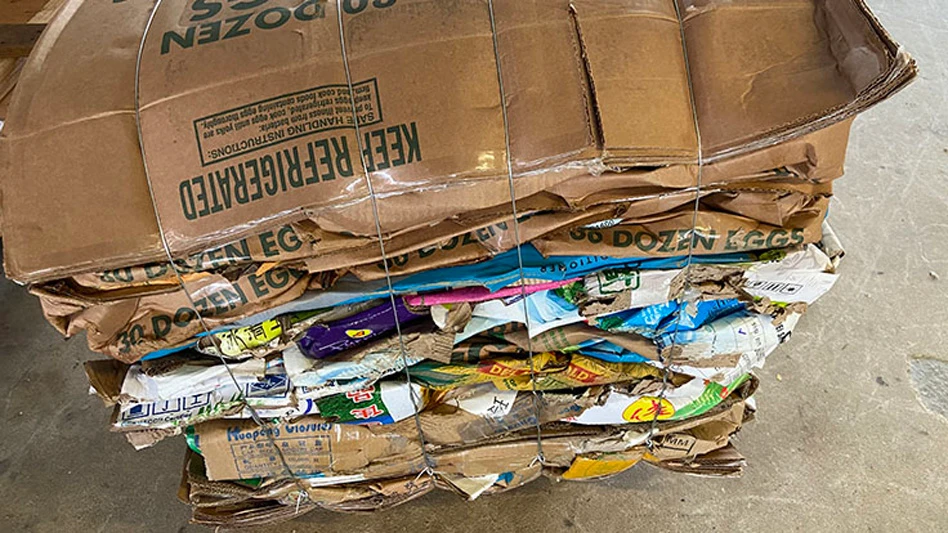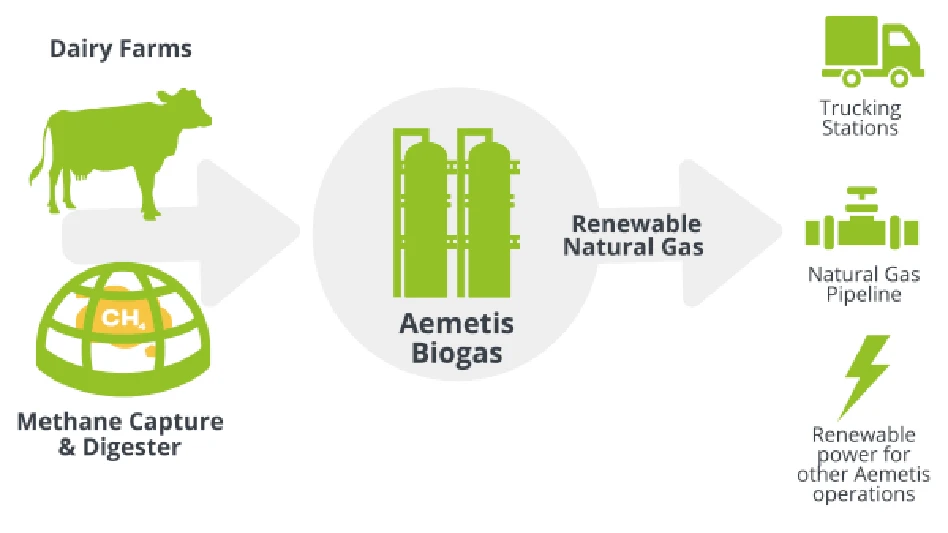
Marina Lohrbach | stock.adobe.com
The Composting Council of Canada has announced that composting organizations and the fresh produce industry have reached an agreement to accelerate the transition to certified compostable price look up (PLU) stickers. The agreement to develop a multiphase framework to support this transition was reached at a worldwide composting meeting held Oct. 1 in Niagara Falls, Canada.
A planned transition to certified compostable PLUs in the European Union (EU) by 2028 provided momentum to accelerate a worldwide adoption, the organization says. Additional meetings within the fresh produce and composting sectors are planned in the coming months to expand engagement and finalize the action plan by the end of this year.
“Moving to a certified compostable format for PLUs is a priority for organics recycling facilities,” says Susan Antler, executive director of the Compost Council of Canada and member of the International Compost Alliance (ICA). “The current plasticized format is not compatible with producing quality compost nor can the stickers be easily removed during the organics recycling process and can result in the collected organics being sent to landfill or incineration, contributing to climate change and diminishing an important resource to build soil health.
"Because of the global sourcing network for produce, the members of the International Compost Alliance applaud the produce industry in recognizing the importance of this transition and its timeliness to ensure both our industries can positively contribute to food production and supply as well as take care of the health and well-being of our soils.”
RELATED: Bringing compost to the curb
The meeting was jointly organized by the Canadian Produce Marketing Association (CPMA) and the Compost Council of Canada. In-person and virtual attendance included representatives of the fresh produce industry, including members of the International Federation of Produce Standards – IFPS (the International Fresh Produce Association, United Fresh New Zealand, CPMA, Fruit and Vegetable Growers of Canada), Ontario Fruit and Vegetable Growers Association, and technical experts from leading global PLU manufacturers. The global compost industry was represented through the International Compost Alliance, with in-person representation from Australia, the United States, Ireland, the United Kingdom, Italy, the European Union and Canada.
Government representatives from the United States Department of Agriculture (USDA) and Environment and Climate Change Canada (ECCC) were also in attendance. The meeting provided a unique opportunity for the fresh produce industry and composting industry to better understand their respective positions on PLU stickers. This included the fresh produce industry outlining the critical role PLUs play in helping accurately and effectively identify fresh produce for enhanced traceability, inventory control and pricing at retail.
“CPMA is delighted to see the fresh produce and composting industries work together towards a global standard for compostable PLU stickers. Given PLUs are an integral part of global fresh produce supply chains, this global dialogue is a must,” CPMA President Ron Lemaire says. “Accelerating the adoption of compostable PLUs is a global priority given the risk that compostable PLU requirements will increasingly diverge from country to country. The coming together of fresh produce and composting industries will help reduce the burden on complex fresh produce supply chains, while also ensuring that food waste is increasingly recycled into value-added products.”
A Compostable PLU Standard Action Plan will be developed and launched by industry stakeholders before the end of 2024, with a goal to promote and accelerate the development and adoption of certified compostable PLUs starting in 2025, the organization says.
Latest from Waste Today
- Capital Waste acquires Tennessee Waste Haulers
- Van Dyk partners with Reckelberg Environmental Technologies
- CRI submits comments to CalRecycle on CRV handling payments
- Reworld acquires EnviroVac Waste Transport
- Waga Energy partners on RNG project at France landfill
- Hawaiian county selects landfill site
- CAA submits final draft program plan in Oregon
- Washington city adds organics collection to waste service





